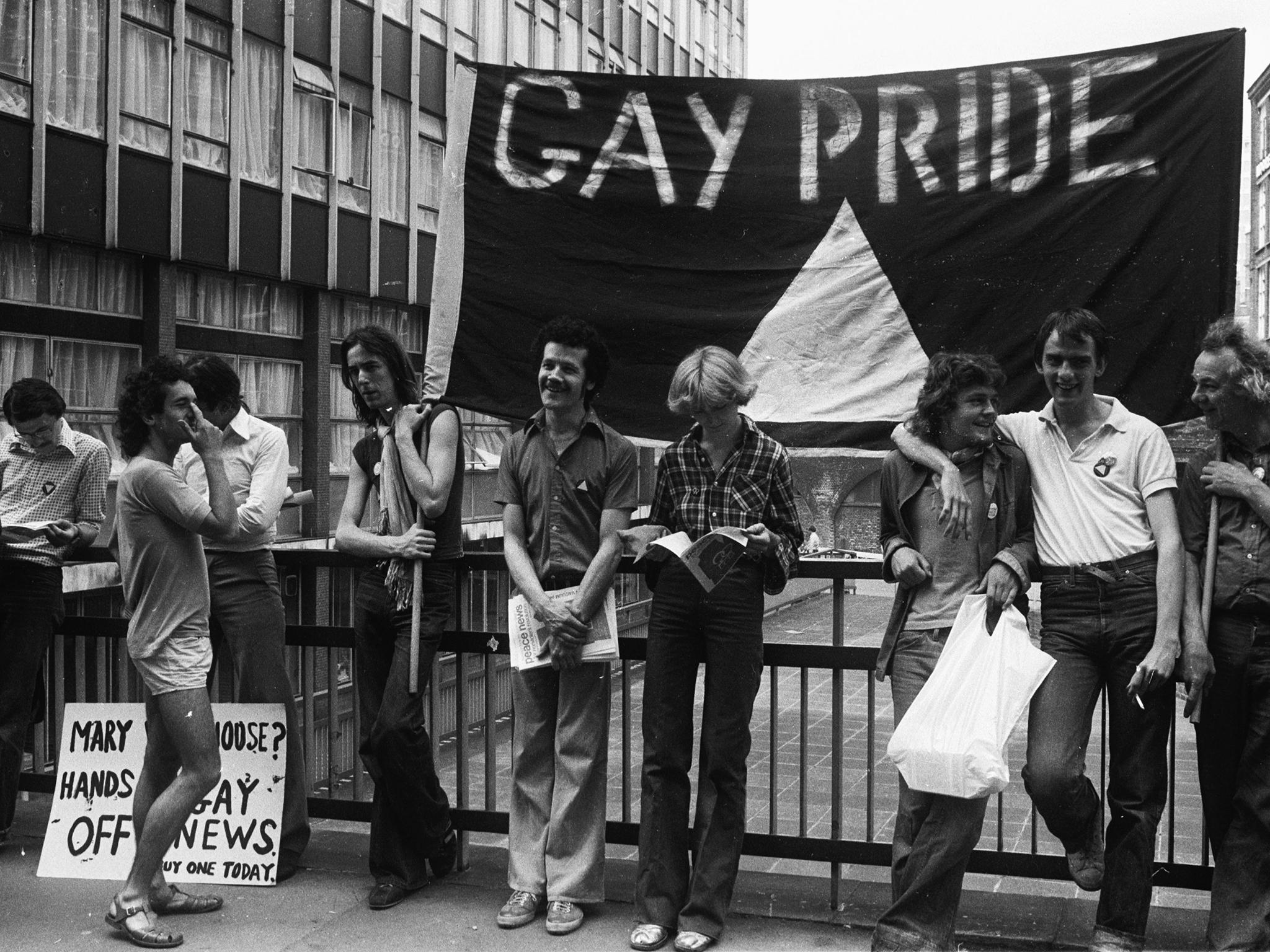The British state still needs to apologise to the gay community
Today, Pride Month comes to end. It marks 50 years since the criminal law sort of took pity on us, acknowledging that we could have sex, but only under limited circumstances

“Poof”, you’d call us. “Queer”, “Bum Boy”, “Ponce”. We all grew up being jeered at. We were children, but we were still homosexuals. Was there anything more despised than a “Homo”? With the name-calling came the threat of being bashed and worse, being thumped. There was always the fear of rejection and the perpetual shadow of stigma and shame. At such tender ages we learnt how to cope. We anticipated. We prepared. We were on guard. But then that guard would drop. It could happen in a moment.
No one looked out for us. The people we loved the most were like everyone else. They too hated homos. We hated homos. How could they love a homo? Could we?
Homos were criminals. The criminal law treated us differently. There was one law for you and myriad laws that applied to us, the most egregious of which was the crime of gross indecency, an offence of intimacy that could only be committed by consenting men. Why did you need special laws that targeted us? We were unfortunate at best, you claimed. But weren’t we also a risk to others? After all, why would anyone choose to be so depraved?

Today, Pride Month comes to end. It marks 50 years since the criminal law sort of took pity on us, acknowledging that we could have sex, but only under limited circumstances. What was essential was that such sex acts took place in private – to protect your sensibilities, not respect us – there could only be two of us and both had to be at least 21. Lucky you. You could have sex from 16.
What joy there must have been that day the law changed. On 26 July 1967, gay men went to bed together as unapprehended felons. They woke the next day and could finally have sex without breaking the law. To wake and have sex and know that you are no longer the target of the criminal law must have been euphoric. Generations upon generations of gay men lived under the tyranny of criminalisation. We forgive you for what you did to those like us, but it’s hard not to look back in anger.
Of course, the Sexual Offences Act 1967 merely offered a defence to those offences which remained on the statute book. It was partial decriminalisation. It wasn’t liberation. Where were most men going to find a private space? Most gay men lived at home with their mums or wives. Some might be in lodgings, but that didn’t count as a private space.
And with what feels like spite, prosecutions doubled in the years after 1967. Between then and 2003, when the offence of gross indecency was finally done away with, there were 35,000 recorded offences. This figure does not include the use of other criminal laws to ensnare us. Gay men looking for that most human and comforting of interactions, sex, could be convicted of other terrible sounding offences such as soliciting for an immoral purpose or importuning. As recently as the 1990s men were convicted of public order offences for kissing – even after dark.
Now it’s possible to obtain a pardon from the state for historical convictions, but not for cottaging (gay speak for a sexual encounter in a public lavatory). Those convictions are exempt from the pardon scheme. The Beatles manager, Brian Epstein, can be pardoned for importuning. He picked up a copper outside a lav who was pretending to entice gay men, but actor John Gielgud’s not so lucky. He too was entrapped, but his copper was in the lav. Gielgud therefore can’t be pardoned. The pardon regime so generously bestowed upon us by the British state is fatally flawed. It seems to me to demonstrate a fundamental failure to grasp the lived reality of centuries of persecution and its consequences. No wonder few homos are taking the state up on their benevolence to have their convictions expunged. And let’s not beat about the bush, gay men were left with little or no choice but to have sex in toilets.
Fifty years on from partial decriminalisation, are we free from the stranglehold of the criminal law? The law may no longer expressly target us, but until all those consenting men who were dragged through the criminal justice system are recognised as victims, the law still casts its shadow. The British state is still passing its responsibility for our persecution on to us. Are we to blame for the furtive way in which we responded to being despised by you? Fifty years on from partial decriminalisation, is it not now time for the UK to be held to account for its treatment of gay and bisexual men? Justice requires redress. Equal marriage, lovely though it is, cannot wash away centuries of torment. Pardons are for those who have committed crimes. Men who had sex with men were victims of wicked state policy that turned citizens against citizens, mothers against their sons and the full force of the state was used against us. When the state fully accepts its responsibility for what it did to us, then we can celebrate.
Join our commenting forum
Join thought-provoking conversations, follow other Independent readers and see their replies
Comments
Bookmark popover
Removed from bookmarks